Remember when television dads were the moral compass of our living rooms? Back in the golden age of family sitcoms, these fictional fathers didn’t just deliver laughs—they served up wisdom that shaped how we thought about parenting, responsibility, and what it meant to be a good person. Whether they were dealing with teenage rebellion, sibling rivalry, or the everyday challenges of raising a family, these TV patriarchs had a knack for turning life’s messiest moments into teachable opportunities that still resonate today.
1. Danny Tanner – Full House (1987-1995)

Danny Tanner found himself thrust into single fatherhood after the tragic loss of his wife, and his journey of raising three daughters with help from his brother-in-law and best friend became a touching portrayal of modern family dynamics. Despite being naturally neat and organized to an almost comical degree, Danny learned to adapt his expectations and parenting style to meet each daughter’s individual needs. His love for D.J., Stephanie, and Michelle was evident in every interaction, from serious heart-to-heart talks to silly family moments.
What made Danny remarkable was his ability to maintain his sensitive, nurturing nature while still providing the strength and stability his daughters needed after losing their mother. He wasn’t afraid to show emotion or admit when he was struggling, teaching his girls that it was okay to feel deeply and express their feelings. Danny’s journey reminded viewers that families come in all shapes and sizes, and that love, commitment, and a willingness to grow together are what truly matter in creating a strong family bond.
2. Mike Brady – The Brady Bunch (1969-1974)

Mike Brady took on the enormous challenge of blending two families into one, and his patient, thoughtful approach to stepfatherhood became a model for countless real-life blended families. As an architect, Mike understood the importance of building strong foundations, and he applied this same principle to creating a loving, cohesive family unit. He never played favorites between his three stepsons and three stepdaughters, treating each child with equal love and attention.
Mike’s wisdom often came through in his ability to see past the immediate crisis to the underlying lesson that needed to be learned. Whether dealing with sibling rivalry, teenage insecurities, or the everyday chaos of raising six children, Mike approached each situation with calm rationality and genuine care. His partnership with Carol created a united front that gave all the Brady children the security of knowing they were loved and valued, regardless of which parent they originally came from.
3. Ben Cartwright – Bonanza (1959-1973)
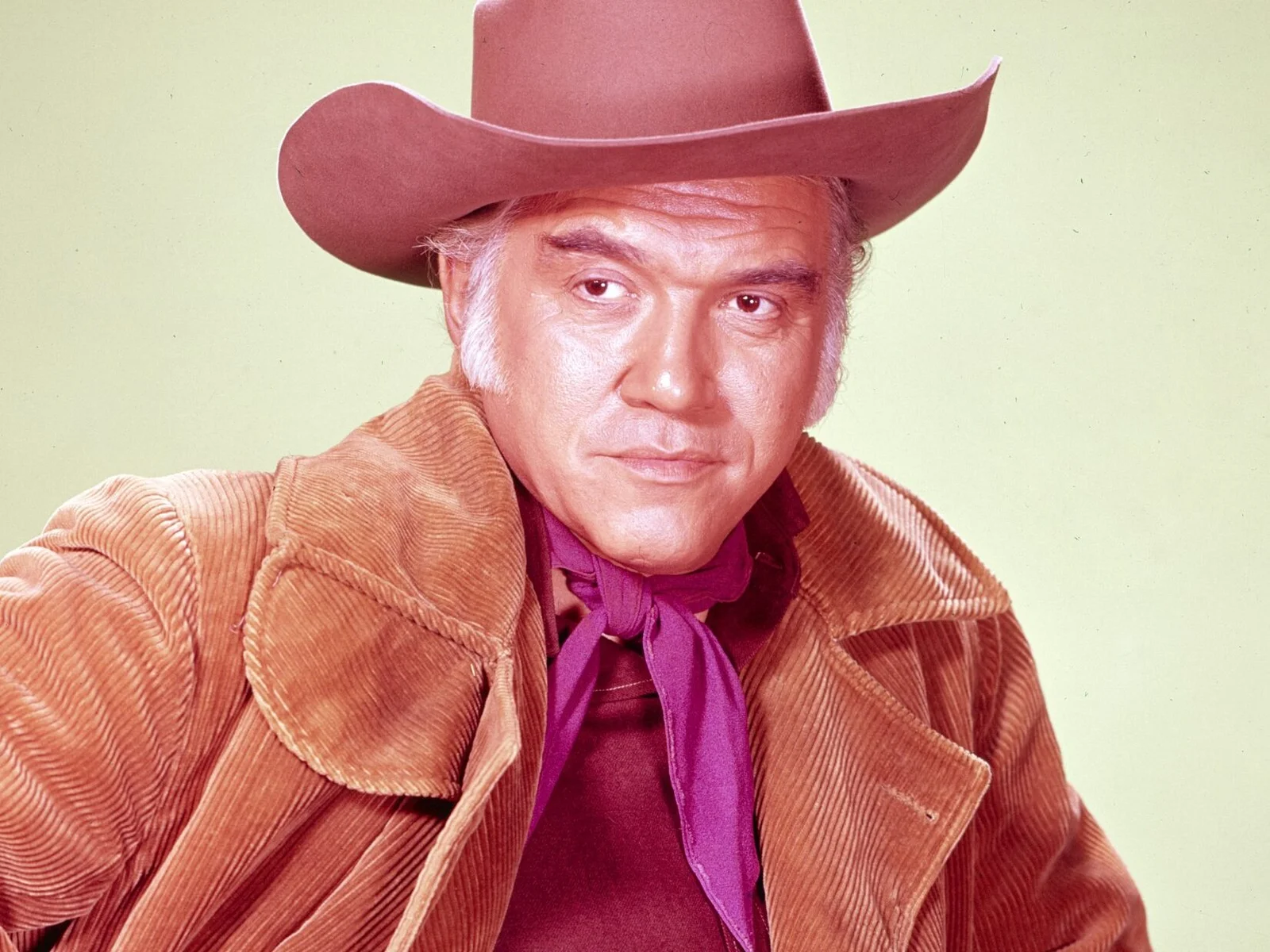
Ben Cartwright raised three sons on the Ponderosa Ranch, and despite their different mothers and personalities, he managed to instill the same core values of honor, loyalty, and justice in each of them. As a widowed father in the Old West, Ben faced unique challenges that required both toughness and tenderness. He taught his boys that being strong didn’t mean being hard, and that true courage often meant standing up for what’s right even when it’s difficult.
Ben’s wisdom came from experience and heartache, having loved and lost multiple wives while building a life on the frontier. He understood that life was precious and unpredictable, which made him cherish every moment with his sons while preparing them for the harsh realities of the world. His legacy was teaching Adam, Hoss, and Little Joe that family bonds are sacred, that hard work builds character, and that a man’s word should be his bond.
4. Jim Anderson – Father Knows Best (1954-1960)
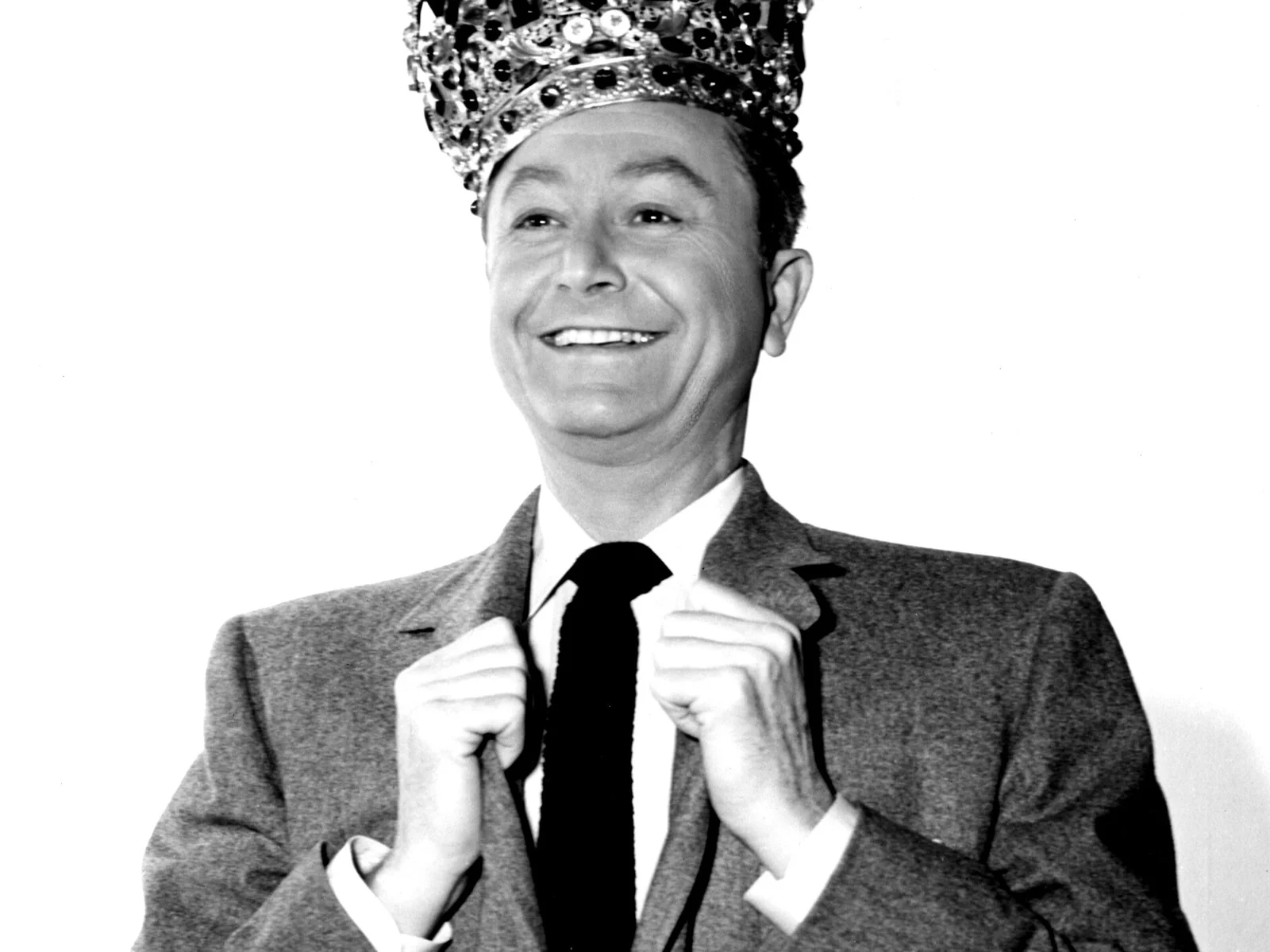
Jim Anderson was the quintessential suburban dad who somehow managed to balance his insurance business with being an involved, caring father to three very different children. His approach to parenting was methodical yet warm—he listened carefully to each child’s concerns and tailored his advice to their individual personalities and needs. Jim never claimed to have all the answers, but he had an uncanny ability to help his children find their own solutions through thoughtful questions and gentle guidance.
What set Jim apart was his respect for his children as individuals, recognizing that each of them—whether it was responsible Betty, dramatic Bud, or sweet Kathy—faced unique challenges that required different approaches. He understood that being a father meant being a teacher, counselor, and friend all rolled into one. Jim’s steady presence and reliable wisdom created a safe harbor where his children could make mistakes, learn from them, and grow into confident adults.
5. Steve Douglas – My Three Sons (1960-1972)
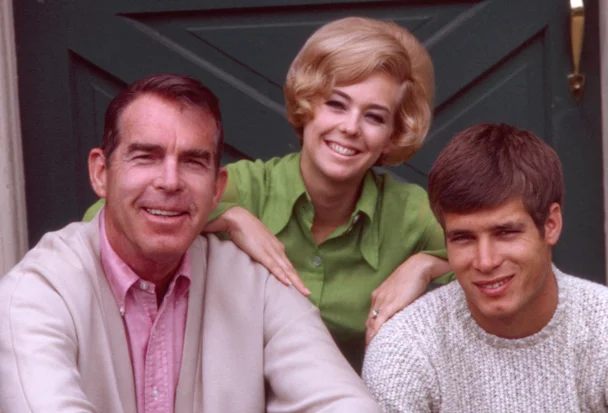
Steve Douglas proved that single fathers could successfully raise children with love, patience, and a good sense of humor. As an aeronautical engineer, Steve approached parenting with the same methodical problem-solving skills he used in his profession, but he never forgot to add warmth and understanding to the equation. He created a stable, nurturing environment for Mike, Robbie, and Chip, showing that consistency and reliability were just as important as affection.
Steve’s greatest strength was his ability to adapt as his sons grew and changed, recognizing that each stage of their development required different types of support and guidance. He wasn’t afraid to admit when he didn’t know something, often learning alongside his boys as they navigated the complexities of growing up. Through his steady presence and unwavering commitment to his family, Steve demonstrated that successful parenting is about showing up every day and doing your best, even when you’re figuring it out as you go.
6. Howard Cunningham – Happy Days (1974-1984)
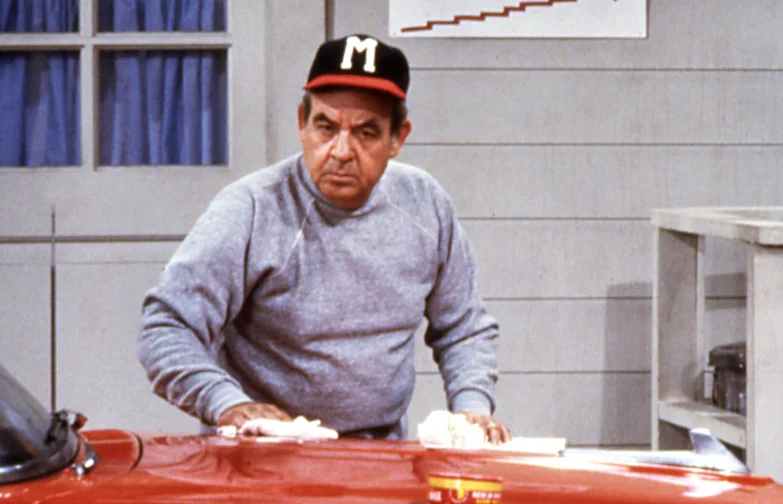
Howard Cunningham, better known as “Mr. C,” represented the ideal of the hardworking American father who balanced his hardware store business with being a devoted family man. His relationship with Richie, Joanie, and later Chuck was built on open communication, mutual respect, and old-fashioned values that never went out of style. Howard had a knack for finding the right words at the right moments, whether his children needed encouragement, correction, or just someone to listen.
What made Howard special was his ability to connect with his children’s world while maintaining his own principles and standards. He understood that growing up in the 1950s meant facing new challenges and temptations, but he trusted that the values he’d instilled would guide his children through difficult decisions. Howard’s warmth and accessibility made him not just a father to his own children, but a father figure to their friends, including the Fonz, proving that good parenting extends beyond your own family.
7. Andy Taylor – The Andy Griffith Show (1960-1968)
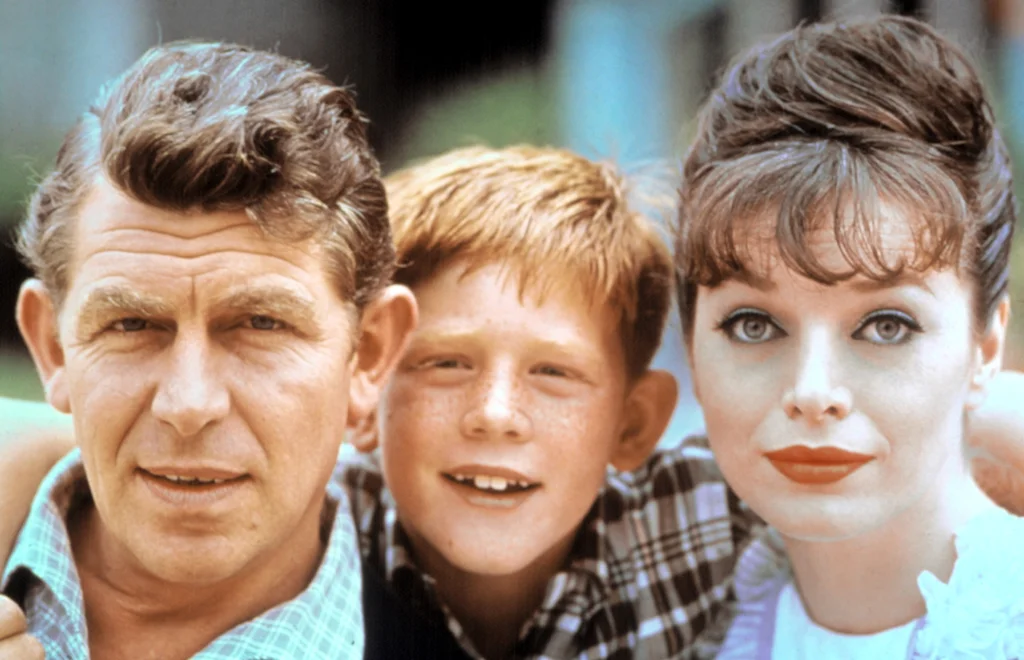
Sheriff Andy Taylor of Mayberry demonstrated that being a single father didn’t mean you had to be stern or distant to earn respect. His relationship with son Opie was built on mutual trust, honest communication, and the understanding that children learn best through example rather than lectures. Andy had a gift for turning everyday situations into valuable life lessons, often using gentle humor and storytelling to help Opie understand right from wrong.
Andy’s approach to fatherhood was refreshingly down-to-earth, showing that wisdom doesn’t always come from having all the answers but from being willing to learn alongside your children. He taught Opie about integrity, kindness, and the importance of treating all people with dignity, regardless of their station in life. Through his calm demeanor and unwavering moral compass, Andy proved that true strength comes from character, not from the volume of your voice.
8. Tom Bradford – Eight Is Enough (1977-1981)
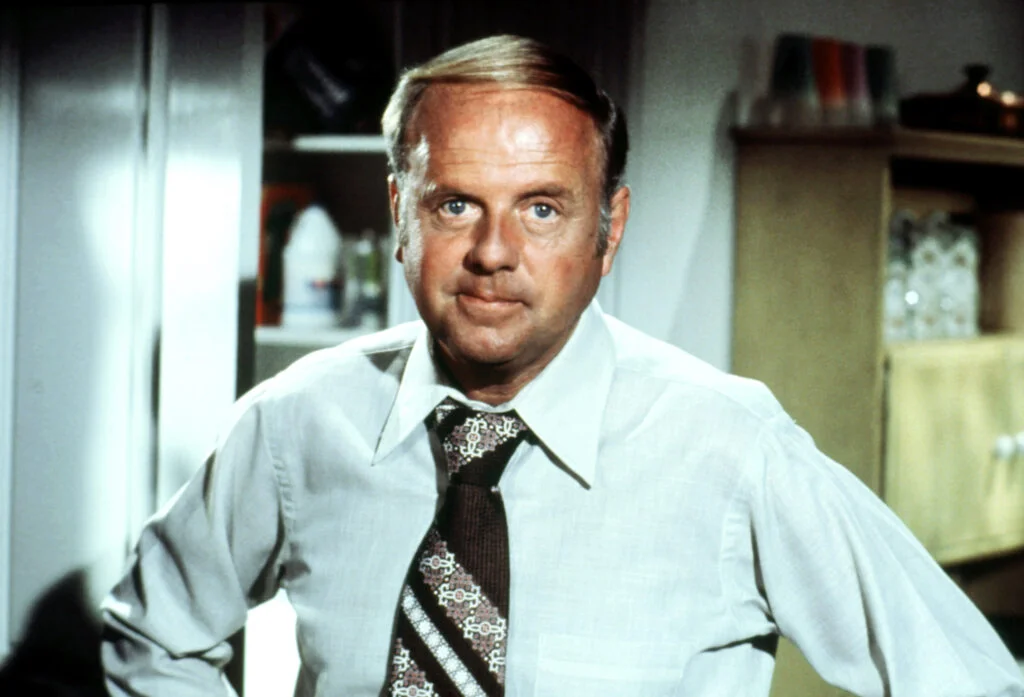
Tom Bradford, a newspaper columnist and father of eight children, proved that even in a house full of chaos, a dedicated father could still provide individual attention and guidance to each child. His profession as a writer gave him a unique perspective on life and people, which he used to help his children navigate their various challenges and milestones. Tom understood that with such a large family, each child needed to feel special and heard, not just part of the crowd.
Tom’s approach to fatherhood was both practical and heartfelt—he knew that raising eight children required organization and patience, but he never let the logistics overshadow the love. He had an incredible ability to remember what was important to each child, whether it was a school play, a first date, or a personal struggle. Through his example, Tom showed that being present doesn’t always mean being physically available every second, but rather making the moments you do have count in meaningful ways.
9. Cliff Huxtable – The Cosby Show (1984-1992)
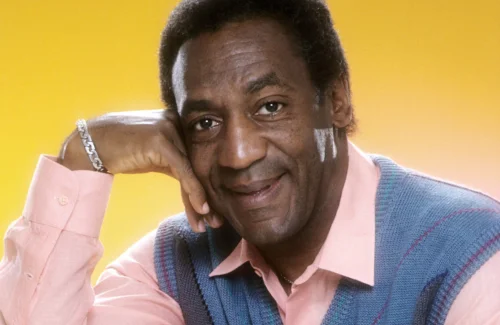
Dr. Heathcliff Huxtable brought intelligence, humor, and genuine affection to his role as father of five, showing that successful parenting could be both fun and educational. As an obstetrician, Cliff understood child development from a professional standpoint, but his real strength came from his ability to connect with each of his children on their level. He never talked down to Sondra, Denise, Theo, Vanessa, or Rudy, instead treating them as individuals with their own thoughts, feelings, and potential.
Cliff’s parenting style was characterized by his use of humor to defuse tense situations and his willingness to be silly when the moment called for it. He understood that laughter could be just as powerful as serious conversations in teaching life lessons and building strong family bonds. His approach showed that being a father didn’t mean being stern and distant, but rather being engaged, playful, and emotionally available while still maintaining appropriate boundaries and expectations.
10. Charles Ingalls – Little House on the Prairie (1974-1983)
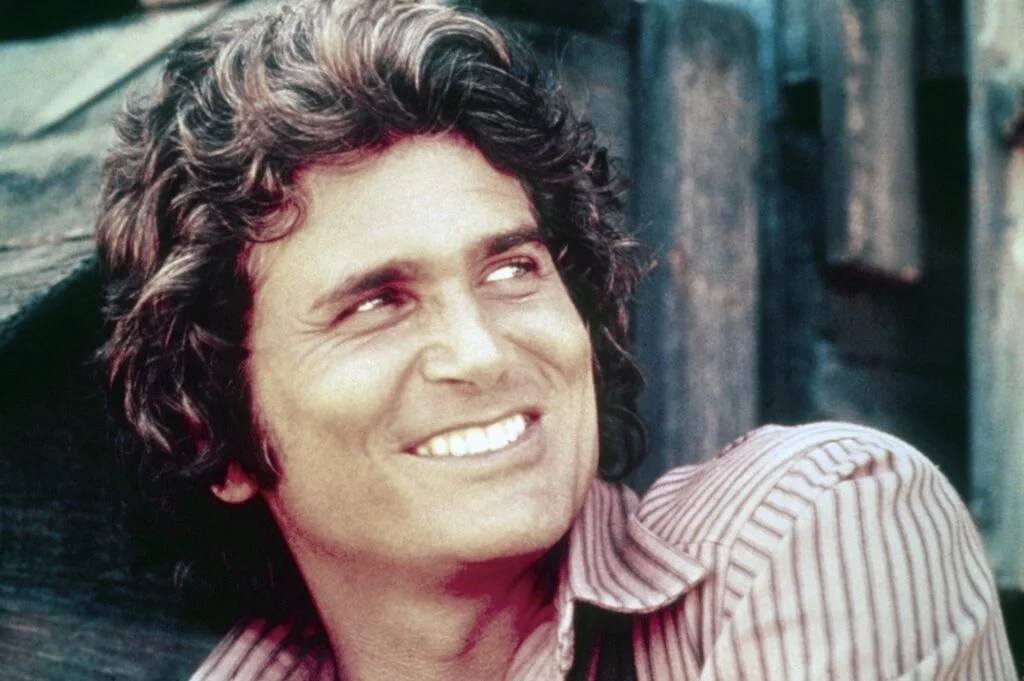
Charles Ingalls, known affectionately as “Pa,” embodied the values of hard work, integrity, and family devotion during the challenging pioneer era. His relationship with Laura, Mary, Carrie, and later Grace was built on unconditional love and the understanding that life’s hardships could be overcome through determination and faith. Charles taught his daughters that their worth wasn’t determined by their gender, encouraging them to be strong, independent, and true to themselves.
Charles’s wisdom came from his deep connection to the land and his understanding that true wealth couldn’t be measured in material possessions. He showed his family that happiness came from simple pleasures—time spent together, honest work, and helping neighbors in need. Through his example, Charles demonstrated that a man’s greatest legacy isn’t what he accumulates, but the values he passes on to his children and the positive impact he has on his community.
11. Jason Seaver – Growing Pains (1985-1992)
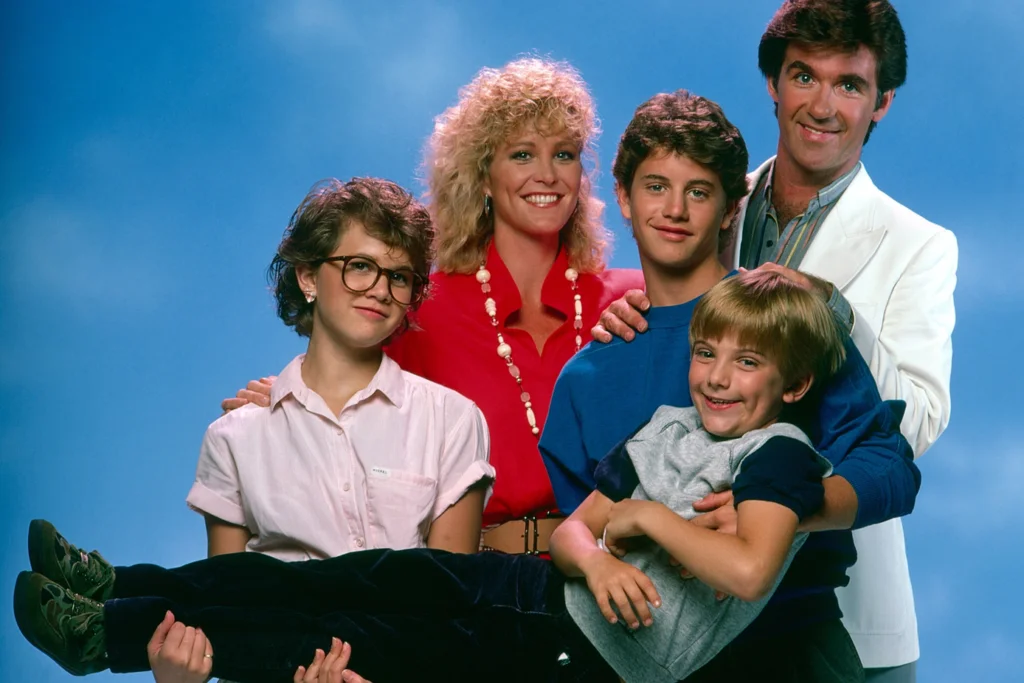
Dr. Jason Seaver made the bold decision to work from home as a psychiatrist so he could be more involved in raising his children, challenging traditional gender roles and showing that fathers could be primary caregivers too. His professional background gave him unique insights into child psychology, but his real strength came from his willingness to be vulnerable and admit his mistakes. Jason understood that parenting was an ongoing learning process, and he wasn’t afraid to adjust his approach when something wasn’t working.
Jason’s relationship with Mike, Carol, Ben, and later Chrissy was characterized by open communication and mutual respect, even during the most challenging teenage years. He had a gift for finding the humor in difficult situations while still addressing the serious underlying issues. His approach showed that effective parenting required flexibility, patience, and the wisdom to know when to step in and when to step back and let your children learn from their own experiences.
12. Ward Cleaver – Leave It to Beaver (1957-1963)
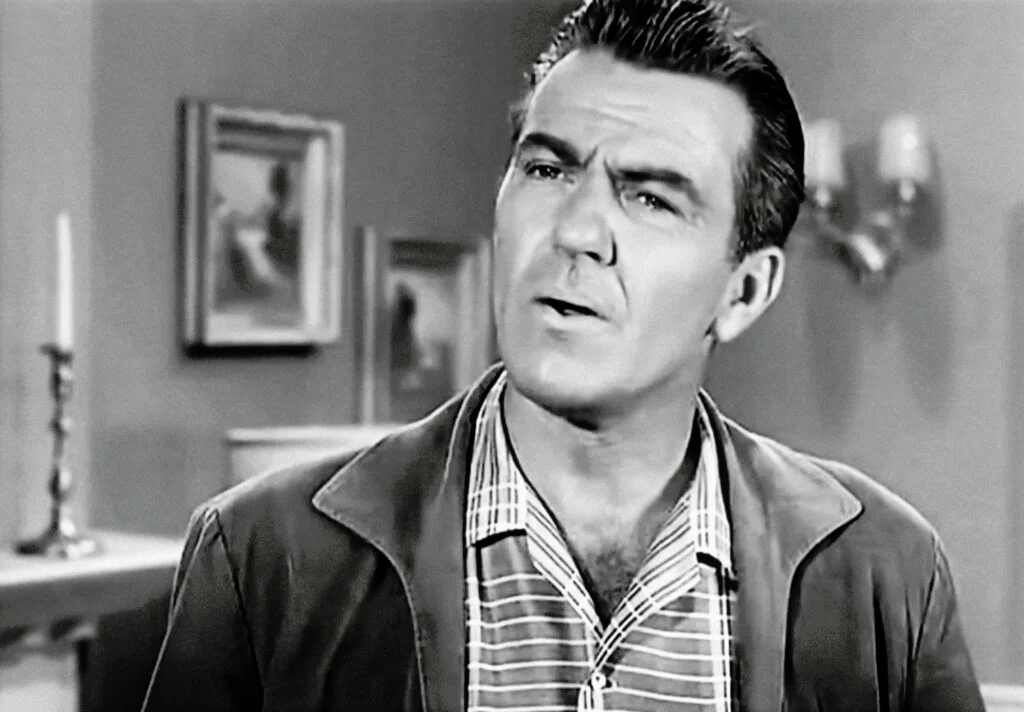
Ward Cleaver epitomized the patient, understanding father who never lost his cool, even when his youngest son Beaver found himself in the most peculiar predicaments. His gentle approach to discipline meant sitting down with his boys for heart-to-heart conversations rather than raising his voice or handing out harsh punishments. Ward understood that mistakes were part of growing up, and he consistently chose guidance over judgment when his sons needed him most.
What made Ward truly special was his ability to see the world through a child’s eyes while maintaining adult wisdom and perspective. He never dismissed his sons’ concerns as trivial, recognizing that what seemed small to adults could feel enormous to a young person. Ward’s legacy reminds us that sometimes the most powerful parenting tool is simply listening with an open heart and responding with patience and understanding.
These television fathers may have been fictional, but their influence on American culture and family values was very real. They showed us that good parenting isn’t about being perfect—it’s about being present, caring, and committed to helping your children become the best versions of themselves. In an era when family dynamics continue to evolve, the timeless wisdom of these TV dads remains as relevant and inspiring as ever, reminding us that the most important job any of us will ever have is raising the next generation with love, integrity, and hope for the future.
This story 12 Sitcom Dads from the Past Who Had Some of the Best Life Lessons was first published on Takes Me Back.


